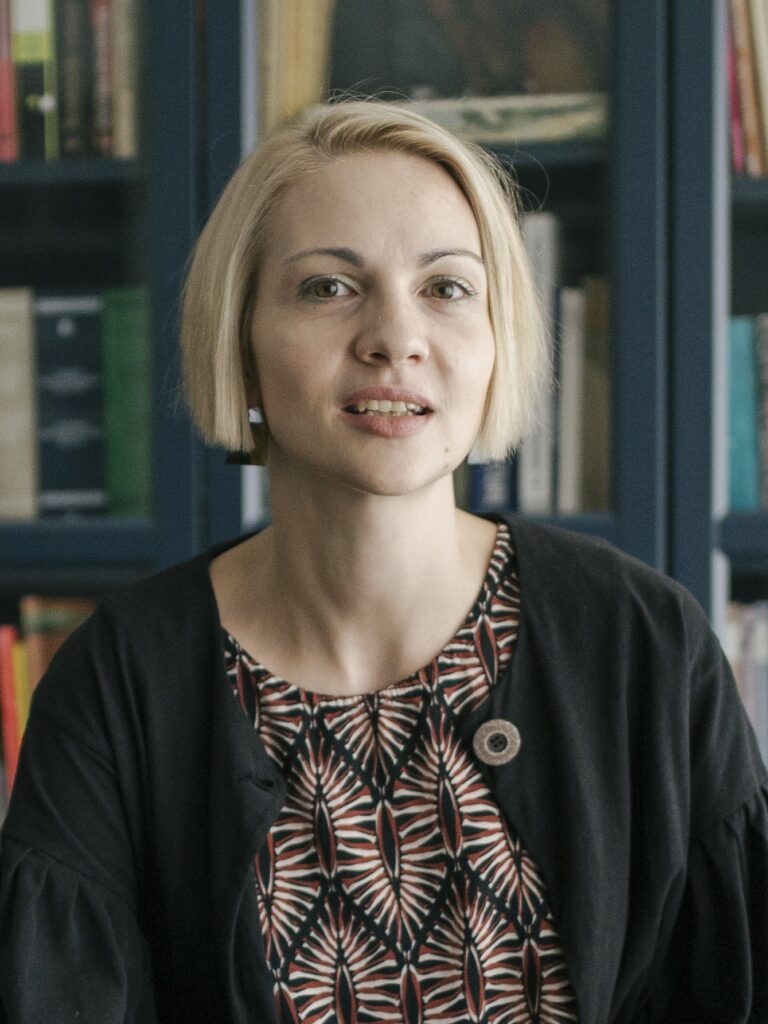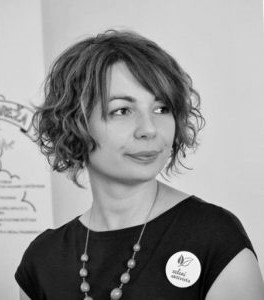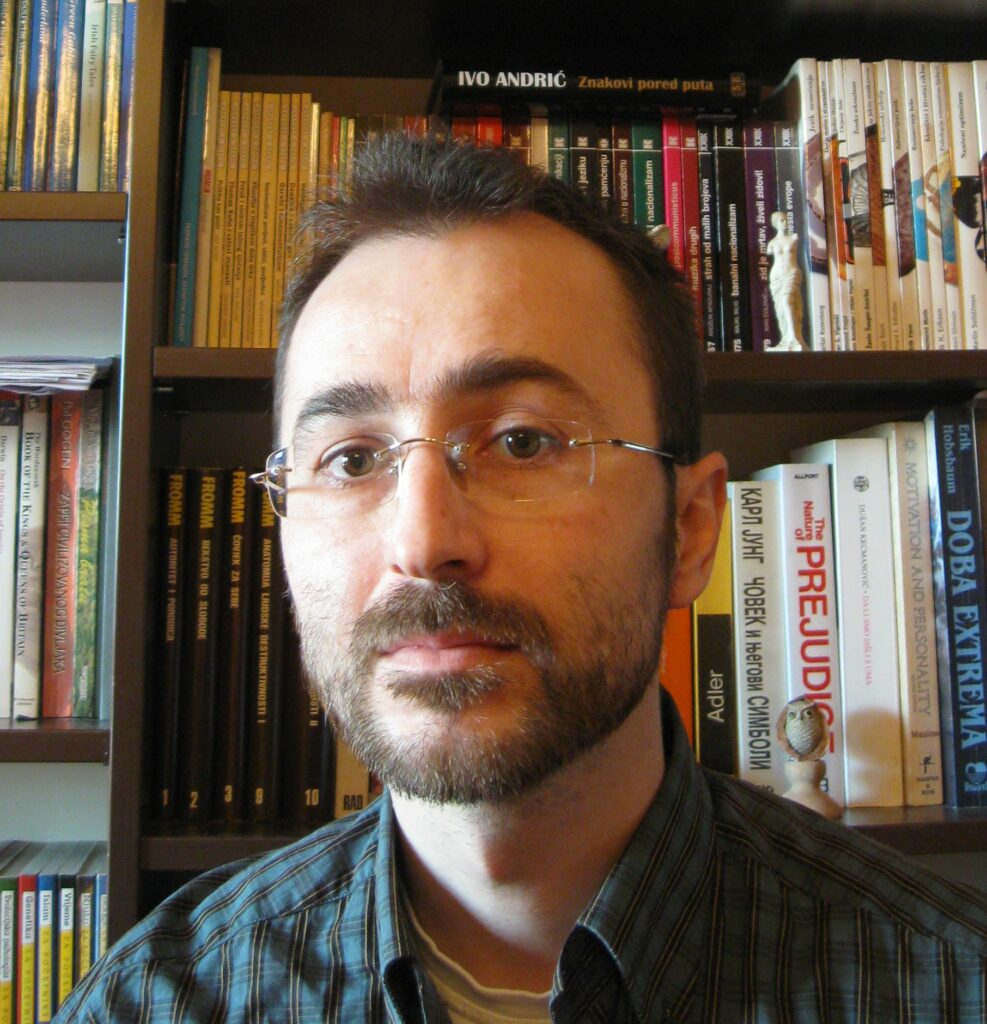
The Institute for Philosophy and Social Theory of the University in Belgrade (IFDT) is engaged in systematic and long term research in the fields of philosophy and social theory, and has strong cooperation with all social science and humanities faculties within the University. IFDT has long-standing partnerships with academic institutions from all parts of Europe and wider. In addition to its primary scientific and research work the Institute has a strong publishing house. The texts published in the magazine Philosophy and Society (Filozofija i društvo), as well as all the books that come out of the Institute, follow the editorial and scientific policies of the Institute, and are peer reviewed and edited.
IFDT also has a particular reputation in the region connected with democratisation and academic integrity. It was the institute that was established, after World War 2, by the then Communist government of Yugoslavia to provide a separate part of the University of Belgrade where all the ‘renegade professors’, ‘dissidents’ and ‘anarchist-liberals’ would be placed. Due to the academically prodigious profile of the ‘renegade’ professors, who were leaders of the pro-democracy movement, IFDT quickly became the most internationally connected part of the University of Belgrade. It was the part of the University where members of the infamous dissident ‘Praxis Group’ were based, editing the influential international journal in political studies, ‘Praxis Studies’, and working throughout the region on promoting democracy through the ‘democracy schools’, the most famous of which was the Korčula Summer Forum.
Team members

Irena Fiket is the principal investigator of the Serbian team. She received her PhD at the Faculty of Political Science and Sociology, University of Rome. Her research topics that she worked on whilst at Universities of Florence, Siena, Bologna and Oslo as a postdoc, include citizen participation, social movements, democratic innovation, deliberative democracy, European identity, Western Balkans and gender equality. On those topics she published more than 20 peer reviewed papers or chapters, two books and held more than 30 presentations, seminars or public lectures. She is one of the founders and a member of the Standing Group on democratic innovation at the European Consortium for Political Research (ECPR) and academic coordinator of the Jean Monnet Network “Active Citizenship: Promoting and Advancing Innovative Democratic Practices in The Western Balkans”.

Jelena Vasiljević is a Research Associate at the Institute for Philosophy and Social Theory, University of Belgrade. Holding a PhD in socio-cultural anthropology, her background is in political anthropology and citizenship studies. She has written on transformations of citizenship in the post-Yugoslav states, culture and rights debates in Southeast European context, memory politics, narratives and identity politics during the Yugoslav wars of 1990s. Her current research interests lie in politics of solidarity, activist citizenship and social movements in the Balkans. She was a Research Fellow at the University of Edinburgh, working on an ERC funded project on citizenship transformations in the former Yugoslav states (CITSEE) and a Research Fellow at the Centre for South East European Studies, University of Graz. She published a monograph The Anthropology of Citizenship (in Serbian, 2016), and her articles appeared in Nations and Nationalism and Citizenship Studies, among other journals.

Jelena Ćeriman (PhD in Sociology) is a Research Fellow at the Institute for Philosophy and Social Theory of the University of Belgrade. Her research work focuses on comparative interdisciplinary studies on family practices, education and social support to citizens in southern European countries. She is also interested on how gender interacts in conceptual and literal terms with other categories such as ethnicity, sexuality and social background. From 2014 until 2016 she developed and coordinated regional research study that was focused on the issues of rural population in access to social services, with special emphasis on the members of marginalized groups, women and girls, as well as on the opportunities for improvement of the availability and quality of social services and thereby of the overall quality of life in the villages in Serbia and Kosovo*. Her current research interests lie in the civil society studies and protest movements in the European semi-periphery (she is a Project Coordinator for Serbia on the project Disobedient Democracy 2016-2021). She has a strong collaboration with the international scientific community through project activities, regarding the links between theory and practice in the above mentioned research areas.

Gazela Pudar Draško is a Research Fellow and President of Scientific Council at the Institute for Philosophy and Social Theory, University of Belgrade. She received her PhD at the Faculty of Philosophy, University of Belgrade, working on the themes of nationalism and intellectual engagement. Gazela was engaged as consultant and researcher in numerous projects with international organizations and national think tanks (Westminster Foundation for Democracy, Friedrich Ebert Stiftung, UNDP, UNHCR, Council of Europe etc). She is currently engaged as a researcher on the Jean Monnet Network “Active Citizenship: Promoting and Advancing Innovative Democratic Practices in The Western Balkans” and is a national coordinator of the project “[Cure] Cultures of Rejection: Conditions of Acceptability in Socio-Spatial and Digital Environments in Contemporary Europe” funded by Volkswagen Foundation. Gazela has recently authored books O čemu govorimo kada govorimo o intelektualcu: ideje i iluzije [What do we talk when we talk on intellectual: ideas and illusions] and Mapiranje političkih orijentacija građana Srbije: kartografija nemoći [Mapping political orientations of citizens of Serbia: Cartography of impotence].

Zoran Pavlović is a social psychologist and an Assistant Professor at the Department of Psychology, Faculty of Philosophy, University of Belgrade, Serbia. Zoran obtained his PhD in Social Psychology from the University of Belgrade. His main scientific interests include the study of political behaviour, political socialisation and human values. He has participated in numerous national and international projects and qualitative and quantitative surveys on youth political activism, political attitudes, value orientations and violence in the school context, including the Manifesto Research on Political Representation (MARPOR) coordinated by the WZB Berlin and FES Youth Studies 2018.
